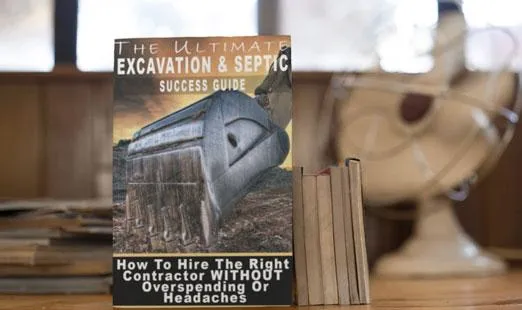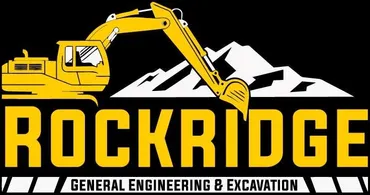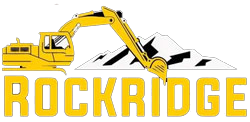YOUR #1 FULL SITE PREP EXPERTS!
CALL NOW- 360-564-5933
Licensed: ROCKRGE816DF - Over 35 Years of Experience | Emergency Services Available | Family and Locally Owned

Expert Land Clearing Services Near Lewis County, Washington | Your Comprehensive Guide
Essential Guide to Land Clearing Near Lewis County, Washington
Land clearing is a crucial step for various projects, from residential construction to agricultural development. If you’re located near Lewis County, Washington, understanding the process and benefits of land clearing can help you make informed decisions. This guide provides valuable insights into land clearing near Lewis County, including answers to some common questions.
What is Land Clearing?
Land clearing involves the removal of trees, brush, stumps, and other obstacles from a piece of land to prepare it for construction, farming, or other uses. The goal is to create a clean, usable area by eliminating any unwanted vegetation and debris.
Why is Land Clearing Important?
Preparing for Construction: Before building a new home or commercial structure, it’s essential to clear the land to ensure a stable foundation and prevent issues related to vegetation and roots.
Agricultural Development: For farming or gardening, clearing the land allows for better soil management and increased productivity.
Fire Prevention: Removing excess vegetation reduces the risk of wildfires spreading across your property.
Steps Involved in Land Clearing
Assessment and Planning: Begin with a thorough assessment of the land. Identify any obstacles, such as large rocks or tree stumps, and develop a plan for their removal.
Clearing Vegetation: This includes cutting down trees, removing brush, and clearing away undergrowth. Specialized equipment may be needed for large-scale projects.
Stump Removal: Once trees are removed, stumps and roots need to be dealt with to avoid future issues.
Debris Removal: All cleared material, including branches and logs, must be properly disposed of or recycled.
Common Questions About Land Clearing Near Lewis County, Washington
1. How much does land clearing cost?
The cost of land clearing near Lewis County varies based on several factors, including the size of the area, the density of vegetation, and the type of equipment required. On average, you can expect to pay between $1,500 and $5,000 for a small to medium-sized plot. For larger areas or more complex projects, costs can be higher. It’s best to get a detailed estimate from a local contractor.
2. What types of equipment are used for land clearing?
Land clearing involves various types of equipment, including:
Bulldozers: For pushing and moving large amounts of soil and debris.
Excavators: For digging and removing stumps and large rocks.
Chippers and Grinders: For processing brush and small branches into mulch.
Chainsaws: For cutting down trees.
Professional land clearing companies near Lewis County will have the necessary equipment to handle different types of terrain and vegetation.
3. Are there any permits required for land clearing?
Yes, permits are often required for land clearing, especially in areas with environmental regulations or protected lands. In Lewis County, you may need to obtain permits from the county’s planning department or other local agencies. It’s important to check with local authorities to ensure you comply with all regulations before starting your project.
4. How long does land clearing take?
The duration of a land clearing project depends on the size of the area and the complexity of the job. For a small residential lot, clearing might take a few days to a week. Larger projects can take several weeks or even months. A professional contractor can provide a more accurate timeline based on your specific needs.
5. What are the benefits of hiring a professional for land clearing?
Hiring a professional land clearing service offers several benefits:
Expertise: Professionals have the experience to handle various types of vegetation and terrain.
Efficiency: They use specialized equipment and techniques to complete the job quickly and effectively.
Safety: Land clearing can be dangerous, and professionals are trained to handle the risks and ensure safety.
Regulations Compliance: Professionals are familiar with local regulations and can ensure your project complies with all legal requirements.
6. What should I do with the debris after clearing the land?
After clearing the land, you have several options for dealing with the debris:
Recycling: Some materials, like wood and brush, can be recycled into mulch or compost.
Disposal: Large quantities of debris may need to be hauled away to a landfill or disposal site.
Firewood: If the debris includes large logs, you might consider cutting them into firewood for personal use.
7. How can I prepare my land for clearing?
To prepare your land for clearing, follow these steps:
Mark Boundaries: Clearly mark the boundaries of the area to be cleared to avoid removing vegetation outside the designated zone.
Remove Personal Items: Take away any personal items or structures that could be damaged during the clearing process.
Notify Neighbors: Inform your neighbors about the upcoming work to address any concerns or disruptions.
Conclusion
Land clearing is a significant step in preparing your property for new developments or agricultural use. By understanding the process and addressing common questions, you can ensure a smoother and more efficient land clearing project near Lewis County, Washington. Whether you choose to handle the clearing yourself or hire a professional, proper planning and preparation are key to achieving the best results.

AVOID COSTLY MISTAKES:
Do NOT hire an excavating contractor without first reading our free guide:
The ULTIMATE Excavation & Septic "Success Guide."

We Offer Excavation Services You!
If you don't see your specific area contact us and we may still be able to help or give a referral.
All rights reserved | Privacy policy | Client Support Area | Terms & Conditions | Privacy policy





